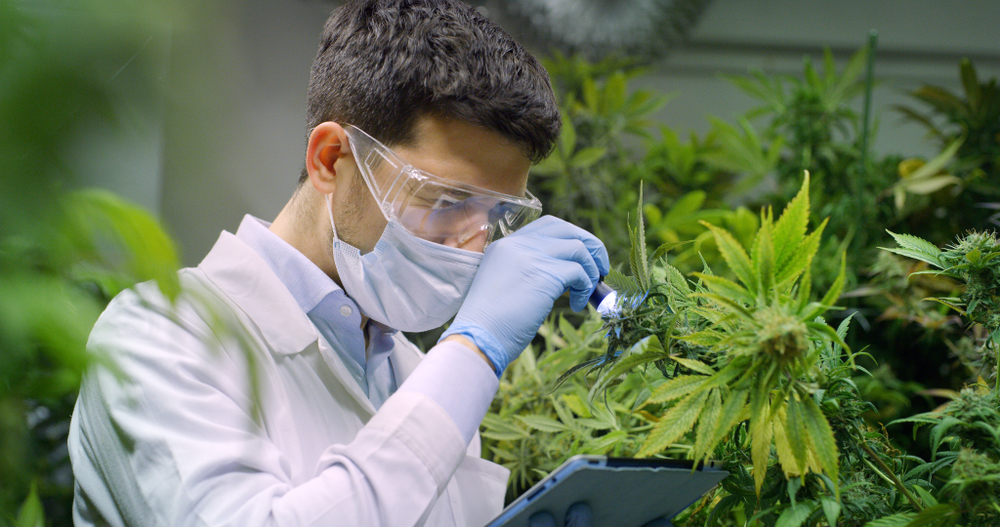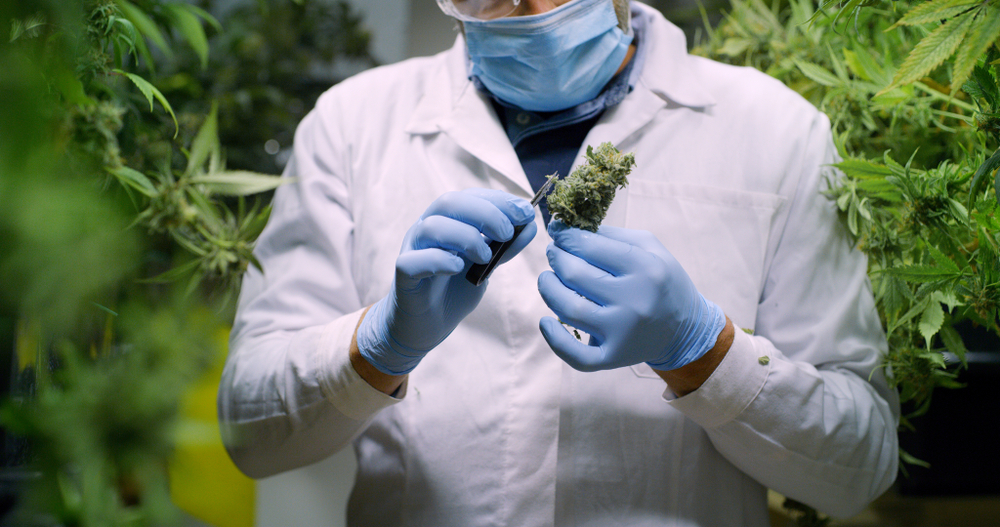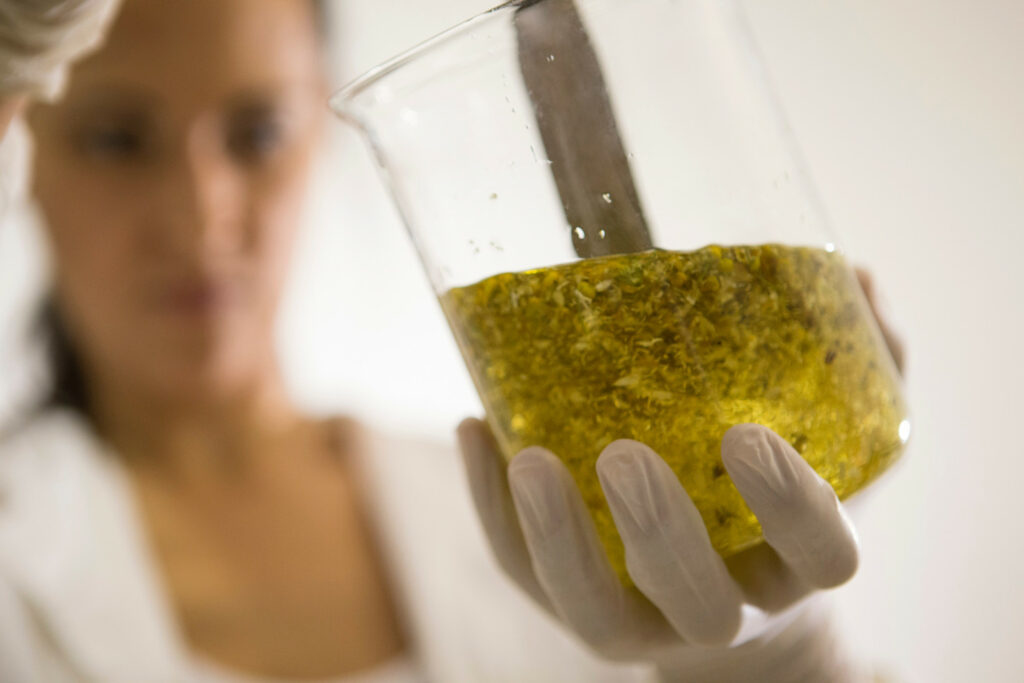Cannabis
THCP: A Groundbreaking Cannabinoid
Introduction
In the vast and diverse world of cannabis, new discoveries are happening continually. Thus, changing the landscape of the industry and our understanding of the medicinal potentials of the plant. One such revelation is the cannabinoid called delta-9-tetrahydrocannabiphorol, better known as THCP. Unveiled by Italian researchers in 2019, THCP has shown promise in scientific analysis and stirred considerable interest in the cannabis community.
What is THCP?
THCP, or delta-9-tetrahydrocannabiphorol, is a organic cannabinoid, a member of the chemical family that includes well-known molecules like THC (delta-9-tetrahydrocannabinol) and CBD (cannabidiol). It’s similar to THC, the most prevalent cannabinoid in most marijuana strains, but with a unique molecular structure that differentiates it.
Discovery of THCP
The discovery was somewhat accidental, occurring during the analysis of a specific marijuana strain by Italian researchers. This study was part of the UNIHEMP project, and it not only identified THCP but also CBDP, a variant of CBD.
THCP’s Molecular Composition
What sets THCP apart from delta-9 THC and other cannabinoids is its extended alkyl side chain. While delta-9 THC has five carbon atoms in this “tail” of atoms, it boasts seven. This distinctive molecular configuration enables it to connect more readily with human CB1 and CB2 cannabinoid receptors. Consequently, its effects can be significantly more potent in the brain and body.
Producing THCP
Despite its natural occurrence in the cannabis plant, THCP is found in exceedingly low concentrations. This rarity makes it impractical to extract it from cannabis flowers in a cost-effective way. Instead, to produce in commercially viable quantities, it must be synthesized in a laboratory. This process involves chemically manipulating CBD that comes from legally grown hemp plants.

The Impact of THCP
The Italian researchers who unearthed THCP also conducted experiments on cultured human cells. They discovered that it binds 33 times more effectively with the CB1 receptor, the primary cannabinoid receptor for creating psychoactive effects, than delta-9 THC, likely due to its extended side chain. The implication here is that it could potentially produce a considerably more potent “high” than delta-9 THC.
Potential Benefits
As a cannabinoid with a strong affinity for cannabinoid receptors, THCP is likely to produce effects similar to those of delta-9 THC, but potentially more pronounced. In addition to the recreational aspect, it might also have therapeutic benefits. It could potentially provide substantial pain relief, sedative effects, and even work as an effective treatment for conditions like insomnia and nausea. However, more research is required to fully understand and validate these potential benefits.
Risks and Side Effects
While THCP may hold promise for therapeutic applications, it’s essential to remember that its powerful binding affinity could also intensify typical THC side effects, such as dry mouth, anxiety, and paranoia. Furthermore, without comprehensive research on human subjects, there’s a lack of concrete information on possible safety issues or side effects.
THCP vs. Other Cannabinoids
Comparison of THCP with other cannabinoids like THC-O or hemp-derived cannabinoids such as delta 8, delta 10, or HHC is challenging due to a lack of substantial research. Most currently available THCP products contain a mix of cannabinoids, making it impossible to isolate the effects.

Legality and Availability
As of now, THCP, deriving from hemp and containing less than 0.3 percent delta-9 THC, is legal under the 2018 Farm Bill. However, individual states may have differing regulations regarding hemp-derived cannabinoids. Products are slowly carving a niche in the market, available through some online retailers and physical stores.
Drug Testing
As it metabolizes in the body, it produces typical THC breakdown products. These metabolites would likely be detected by standard drug tests. Therefore, if you’re subject to workplace or law enforcement drug testing, it would be prudent to avoid THCP and other forms of THC.
Conclusion
Delta-9-tetrahydrocannabiphorol, is an intriguing addition to the family of cannabinoids. Its potential potency and therapeutic benefits make it an area of interest for researchers and consumers alike. However, much remains unknown about this compound, highlighting the need for further investigations. As our understanding of cannabis and its myriad components continues to evolve, THCP is sure to be part of the ongoing conversation.


